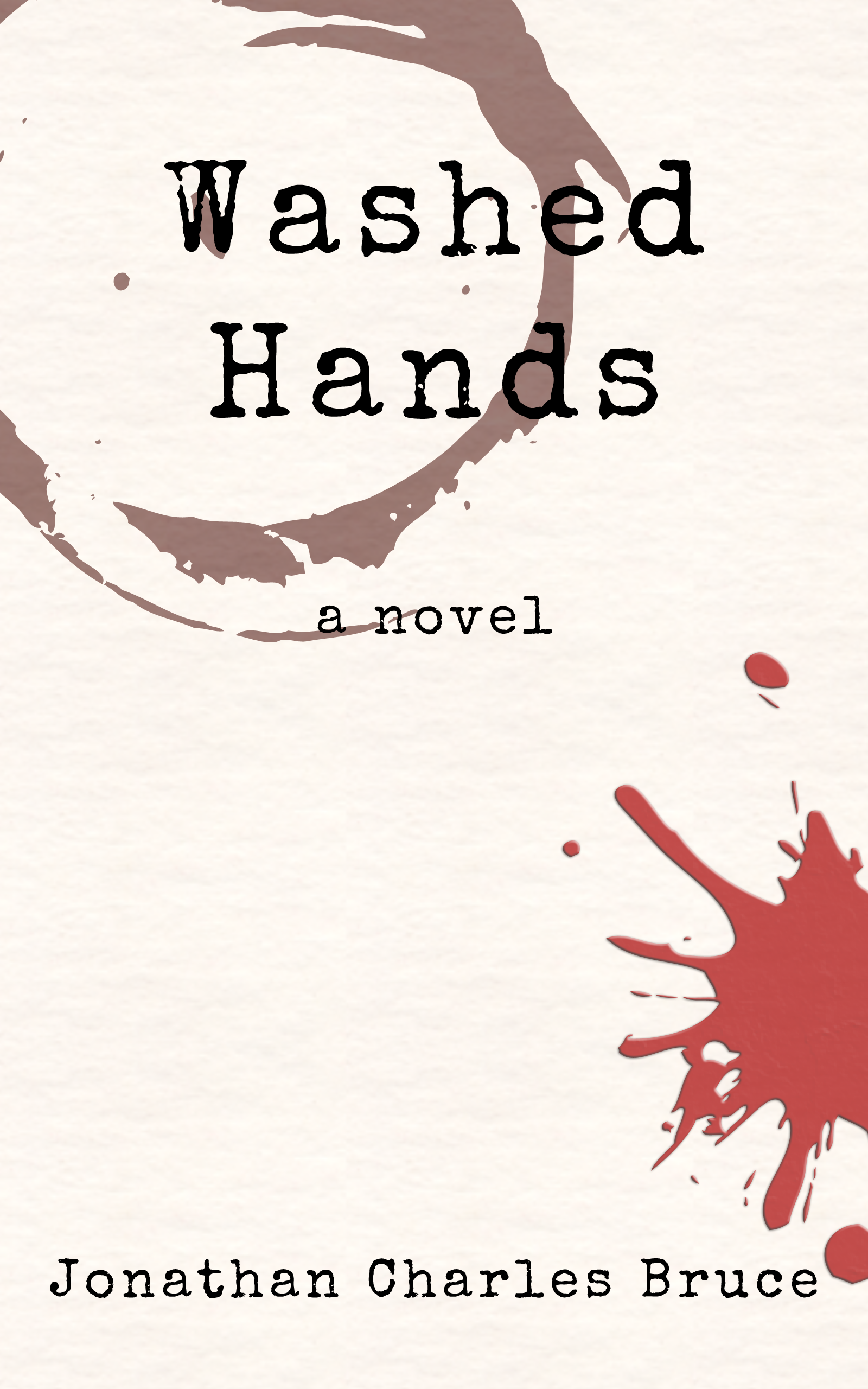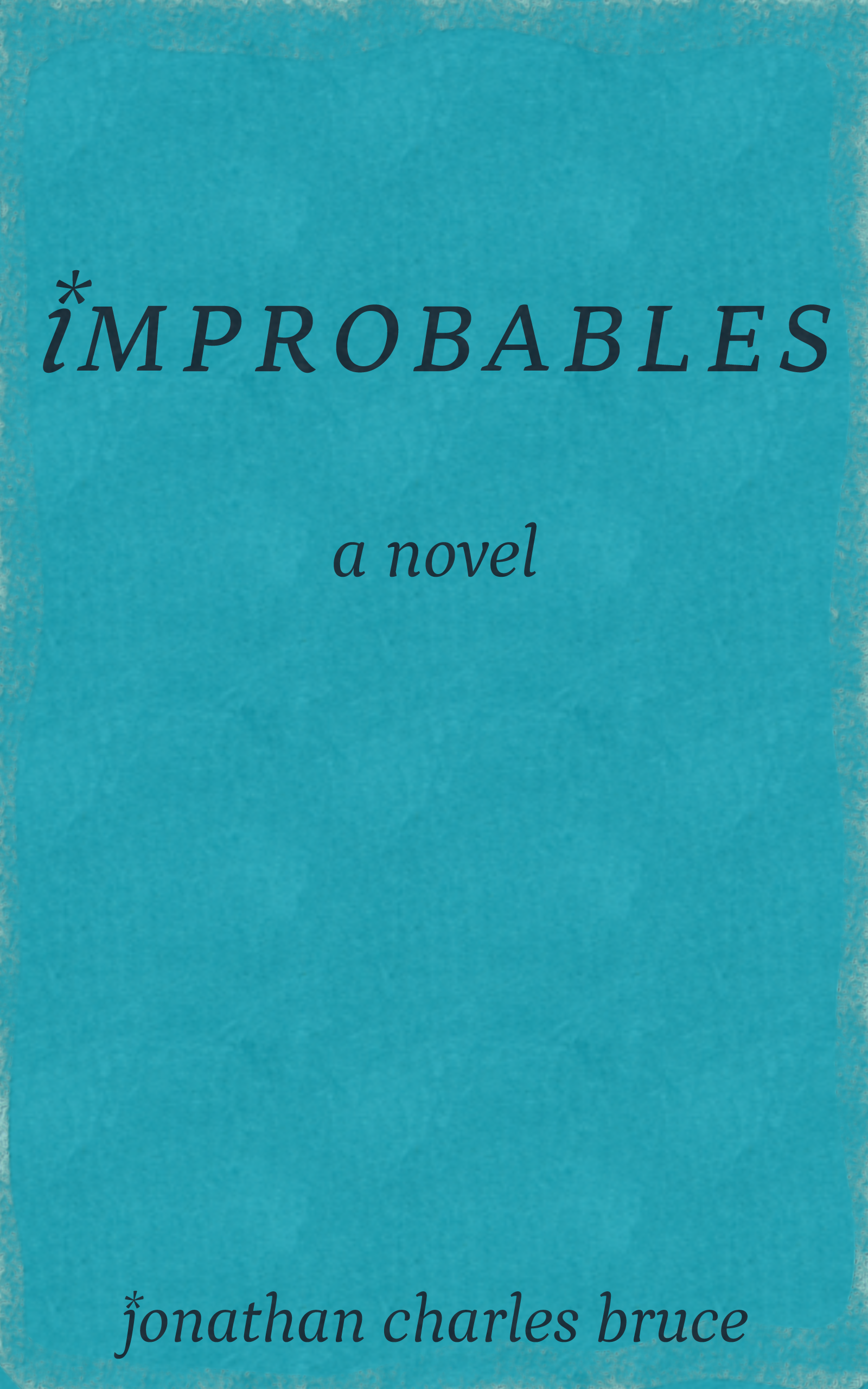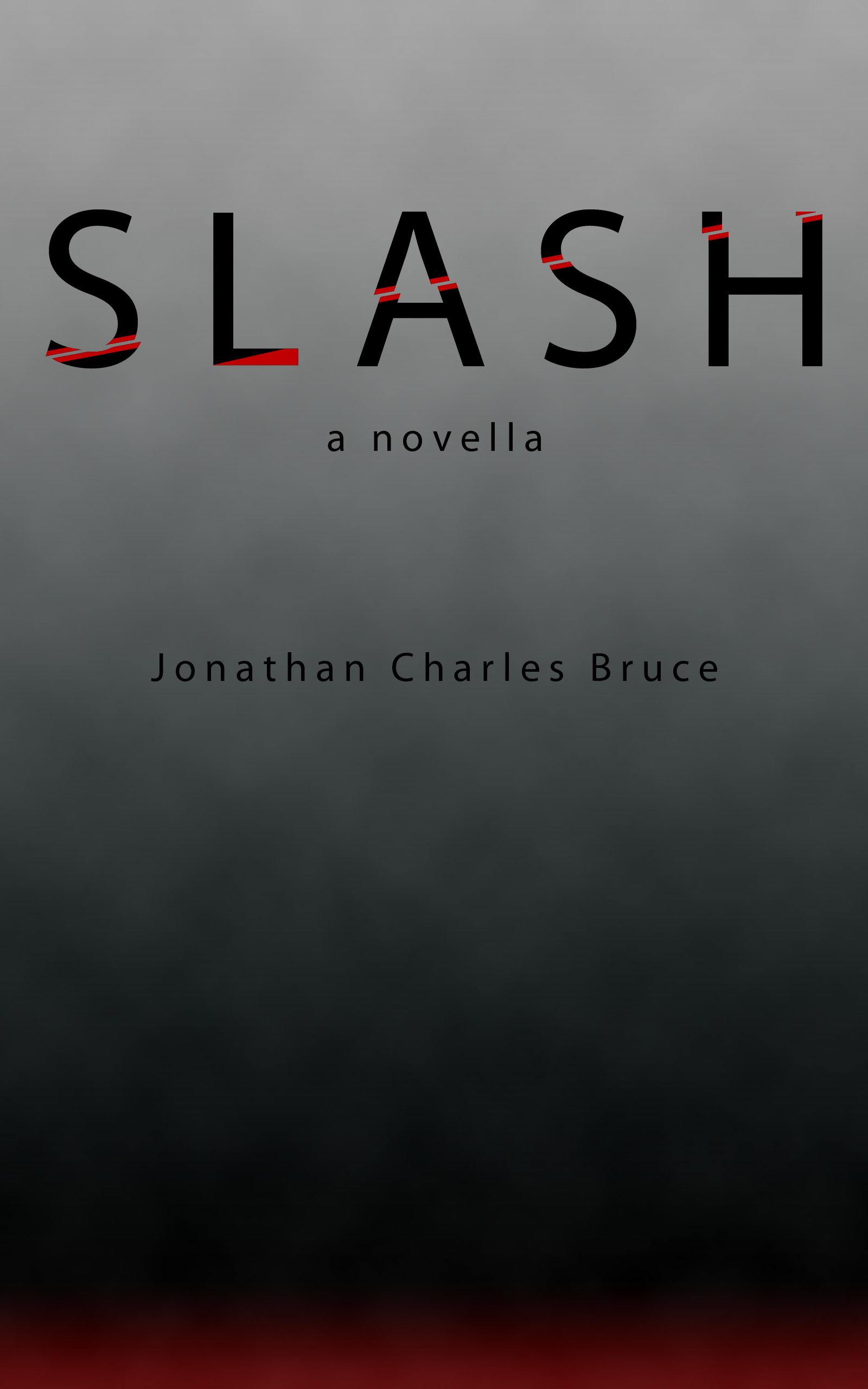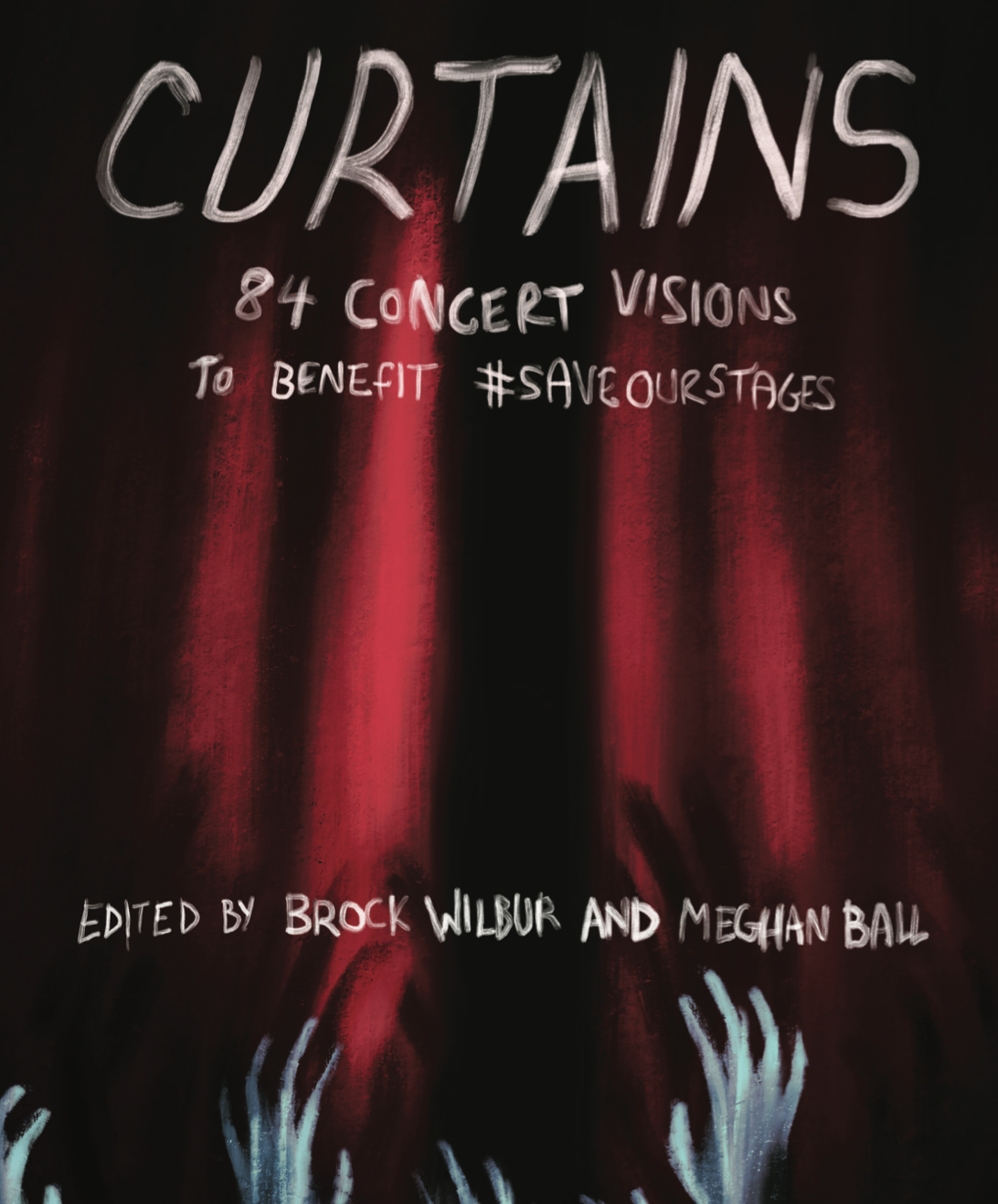Fanfictioneering
For those of you who have been paying attention (and the roughly 15 of you who actually read the damn posts (thank you, by the way!)), I have spent the vast majority of my writing time on the fanfictionizing of Our Darker Purpose. What started as a fun little diversion into a narrative style out of my comfort zone has evolved into an 80,000-word treatment following Cordelia as she seeks to not get murdered. There’s other stuff in there, too, but the not-getting-murdered thing is of prime concern to our protagonist in black.
It may not seem like a lot, but 80,000 words is an interesting benchmark. Washed Hands is in the same zip code as the roughly 70,000 words it takes to be considered a novel. It’s quite a bit lower than Improbables’ 100,000 words. And it’s about one-third the size of Project Northwoods, a book so legendarily massive that nary an editor has had the heart to take it on without the fabled Pen of Edraxis, which, according to legend, will preserve the user’s intellectual integrity at the cost OF THEIR VERY SOUL.
The point I’m getting at is, I suppose, is that I suppose it’s not too far off base to call what I’ve written a novelization rather than “just” fanfiction. Unofficial, yes, but still an adaptation of an existing, primarily audio-visual work into written media.
Then again, of course, I’m not nearly as preoccupied about the term “fanfiction” as others are. The term itself is bandied about as though it is a pejorative, taking as its signifiers what many assume to be the telltale signs of first time writers—bad grammar, plot holes, and inconsistent characters. Typically, for instance, within a few paragraphs (or seconds, depending on how generous we’re being), one of the first things people slight 50 Shades of Grey for is its roots as a piece of Twilight fanfiction and not, say, the incredibly poisonous relationship at the “romantic” heart of the beast. And while there are certainly examples of bad fanfiction, there are plenty of examples of straight-up bad literature as well. Dismissing the entire… um… genre?... over evidence of bad writing is sincerely shitty.
I really enjoy the work I’m doing with Our Darker Purpose. With the release (and subsequent re-release) of Improbables, I needed time to decompress and work through the outline of how I wanted the plot of my next book to go. Writing a book is stressful, long work that can oftentimes feel less like a rewarding career move and more like a really inefficient campaign to destroy the world’s 8.5 x 11 paper supply by covering it in words most people will never see. Couple that with the pervasive ennui flaming middle finger that was 2016 and you have a recipe for not wanting to do the work of architecting an entire book from the ground up.
And that’s where my fanfictioneering comes in.
Serializing the events of a game that depends heavily on lore to tell its story may seem like an odd choice, especially since the player’s agency is largely removed from the context of the narrative. The fact of the matter is, though, that I find that working within the framework of a generally set series of events quite freeing. Since Our Darker Purpose’s story is more artfully designed set dressing than directly interwoven with gameplay via clunky expository cutscenes, I am free to fill in details as I see fit. In other words, the heaviest lifting of world building done, I can concentrate on the parts of writing I find the most rewarding—character interactions, telling grim stories, and working to tell a human story in an Edward Gorey-ian setting.
I understand that there are people who may look at what I’ve been doing as a waste of time and effort, but this is how I hone my craft. Every book I write is more refined than the last, and it would follow that these individual snippets of what eventually became a novel-sized undertaking also help that. There is no singular moment that we learn to write; it is a process, a skill that continually evolves with practice and revision.
Perhaps the most sinister reality I’ve been dealing with of late, though, is a feeling of unhappiness with my writing. Three novels in and I can’t help but wonder what the point of it is. Combined with the pressures of my day job and the ever-looming fear of an uncertain monetary future, I’ve found myself retreating more and more into anything that doesn’t have to do with writing as a way to escape.
I spent last month playing through three games’ worth of the Dead Rising series. I’ve been playing through Alien: Isolation again. When I think of my novels, especially when I think of those yet to come, I am gripped with anxiety. I know I should be writing, sketching, painting plot points with broad strokes, but the allure of a reality with clear boundaries of good and evil—one where I am the definitive good—has its allure.
It was while playing one of those games when a friend cheerfully told me, essentially, that I’ll be famous when I’m dead, a seemingly innocuous compliment rife with terror at a looming and hostile future. It is not the lack fame while I’m living enough to enjoy it that bothers me, but rather the inability to know whether or not the writing mattered. What if my works never bring solace to anyone? What would be the point if the sum total of my labor provides nothing to anyone, even when I’m not around to see it? What, then, do I amount to?
When it comes to incorporeal threats, the things you can virtually blast with a flamethrower or punch with boxing gloves covered in knives are what I choose to focus on. Existential dread has no such easy solution.
Our Darker Purpose offers a way to focus on something I earnestly love in a way that manages to push back against my own insecurities in writing. The creators of the game, in providing the outline and the characters, have given me a chance to find my legs again. I can write action scenes, moments of introspection, studies of space and individual mini-arcs, and the dialogue that some people seem to like. I can contribute (however unofficially) to another’s world that I earnestly love. And while all my books do matter to me, this effort feels personal to me in a very different way.
This, I think, why this project with fanfiction is so magnetic. Since I’m already invested in another’s work, I know that my writing is going to mean something to at least me. There’s no waiting to see how the story turns out before I can mark it as even a nominal success—I know the ending, the hills and valleys, and I don’t have to worry whether something will work within the boundaries of the narrative or not. I have the answers.
It allows me to move forward with confidence, knowing that someone can actually find it significant enough to justify the time and energy I’ve dedicated to it. While my published works were powerful endeavors that I love dearly, I don’t really know that they’re worth the time to others. Call it self-absorption, call it a damaging lack of self-esteem, but it’s there.
However, the way I love Our Darker Purpose is altogether different. It’s special in the moment, rather than at some undetermined point in the future. It’s because of that unique kind of confidence (and the fun that it brings me) that I will probably continue producing excerpts from it for quite a while.
I’m sure this disappoints some of you reading this.
But I need this.
< PREVIOUS ENTRY • NEXT ENTRY >
Advice • Fiction • Gaming • General Musings • Reviews





